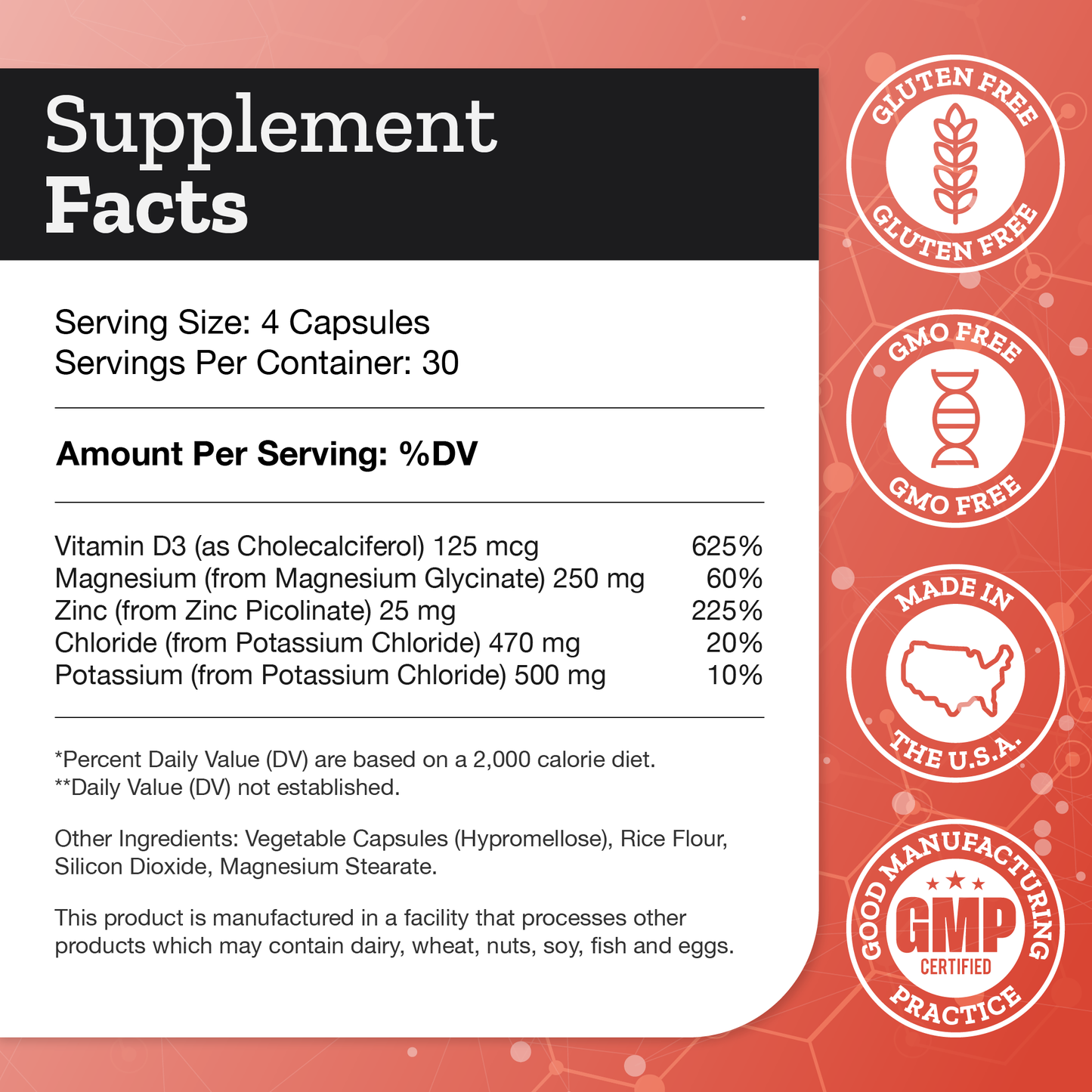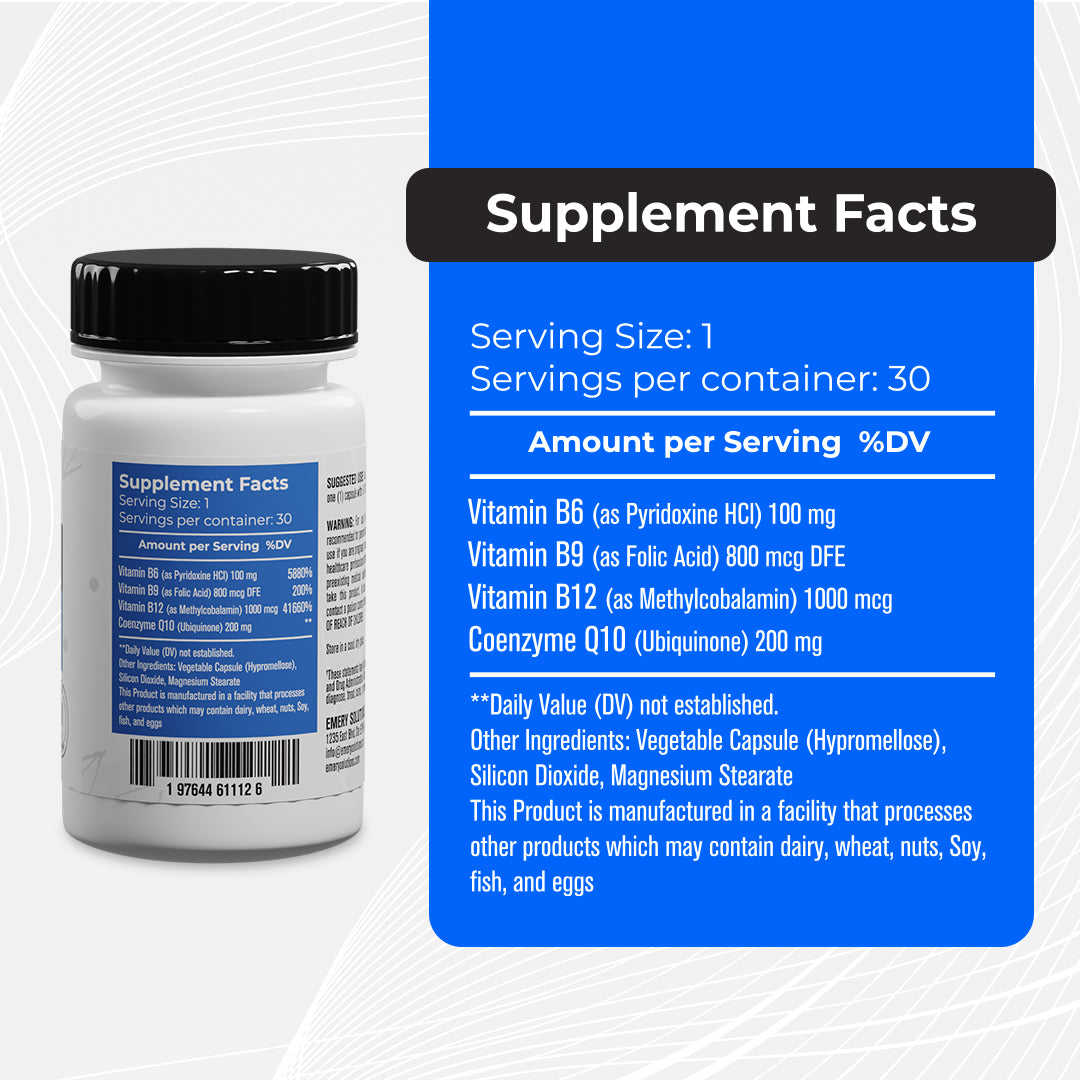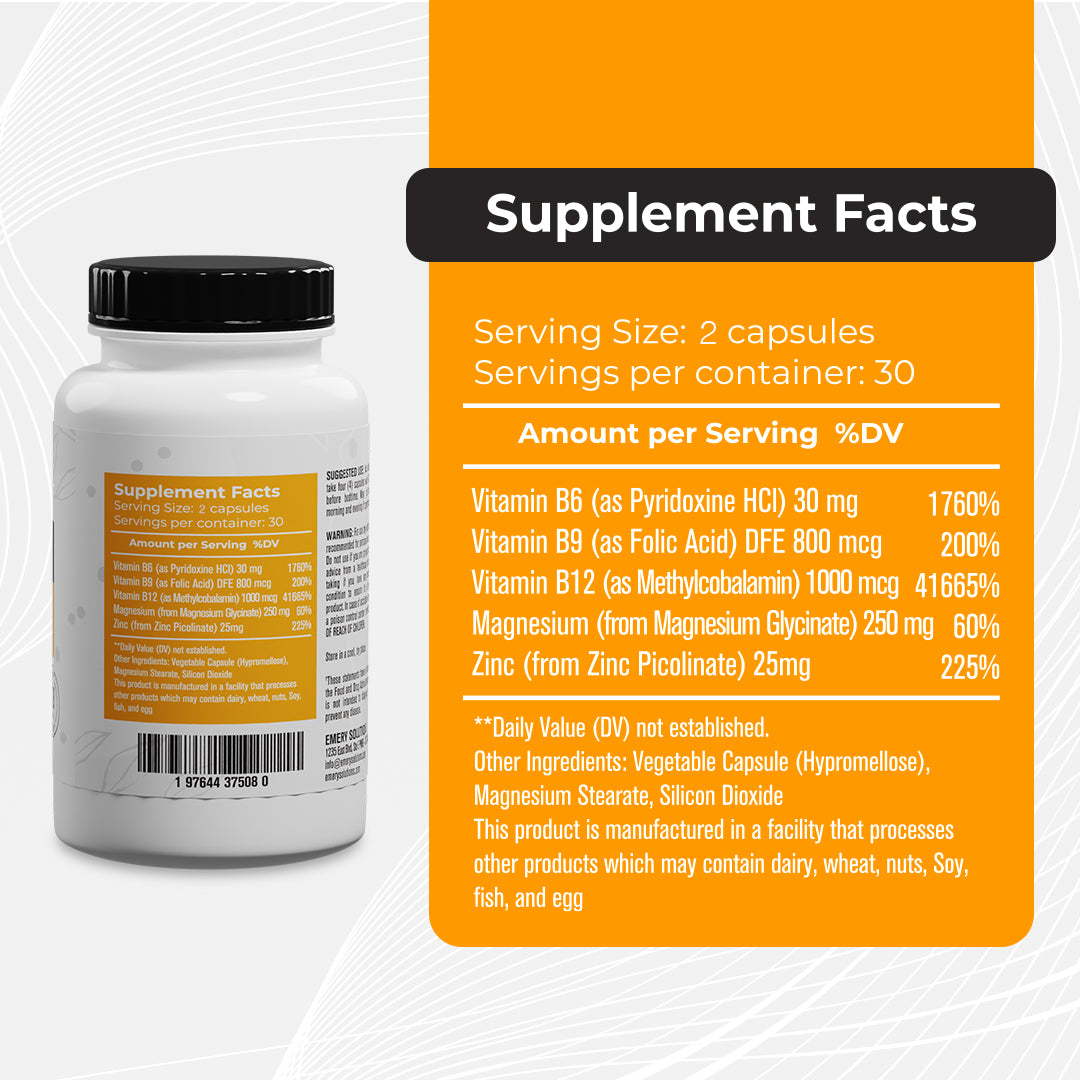

Imagine having a personal health detective, someone who can spot potential health issues before they become serious. That's exactly what regular check-ups can do for you, especially when it comes to managing blood pressure and diabetes. In this post, we'll delve into the importance of these routine visits, what they entail, and how they can be a game-changer in your health journey. We'll also share inspiring real-life stories of people who have reaped the benefits of regular check-ups.
Why Regular Check-Ups Matter
Regular check-ups are essential because they provide a baseline for your health. They allow your healthcare provider to track changes over time and identify potential issues before they become serious problems. For people managing blood pressure and diabetes, this is especially important. High blood pressure and diabetes often don’t have obvious symptoms until they’ve caused significant damage. Routine check-ups can catch these conditions early, making them easier to manage and treat.
What to Expect During a Check-Up
A typical check-up for someone managing blood pressure and diabetes will include several key components:
Blood Pressure Measurement: Your healthcare provider will take your blood pressure to ensure it’s within a healthy range. This simple test can provide valuable information about your heart health.
Blood Tests: These tests measure your blood sugar levels, cholesterol, and other important markers. They can help your healthcare provider understand how well you’re managing your diabetes and identify any areas that need improvement.
Weight and Body Mass Index (BMI): Maintaining a healthy weight is crucial for managing both blood pressure and diabetes. Your healthcare provider will track your weight and BMI to ensure you’re staying within a healthy range.
Discussion of Symptoms: Be prepared to discuss any symptoms you’re experiencing, even if they seem minor. This can include fatigue, dizziness, or any changes in your health since your last visit.
Medication Review: If you’re taking medication for blood pressure or diabetes, your healthcare provider will review your prescriptions to ensure they’re still effective and make any necessary adjustments.
Real-Life Stories
To illustrate the importance of regular check-ups, let’s look at a real-life example:
John’s Story:
John, a 55-year-old man with a family history of heart disease, went for his routine check-up. During the visit, his doctor noticed his blood pressure was higher than usual. Further tests revealed that John’s cholesterol levels were also elevated. Thanks to this early detection, John was able to make lifestyle changes and start medication before his condition worsened. Today, he maintains a healthy blood pressure and cholesterol levels, all thanks to that routine check-up.
How to Make the Most of Your Check-Ups
To get the most out of your regular check-ups, consider these tips:
Be Honest: Share all your symptoms and concerns with your healthcare provider, even if they seem minor.
Ask Questions: Don’t hesitate to ask questions about your condition, treatment options, or any changes in your health.
Prepare in Advance: Write down any questions or concerns you have before your appointment. This ensures you won’t forget to mention anything important.
Follow Up: If your healthcare provider recommends follow-up tests or appointments, make sure to schedule and attend them. This is crucial for ongoing management of your health.
In conclusion, think of regular check-ups as your secret weapon in managing blood pressure and diabetes. They're your opportunity to stay ahead of your health, make necessary adjustments, and prevent complications. Remember, your healthcare provider is more like your ally in this journey, and regular check-ups are your strategic meetings. So, make those appointments a priority—because your health is worth it!
← Older post Newer post →






